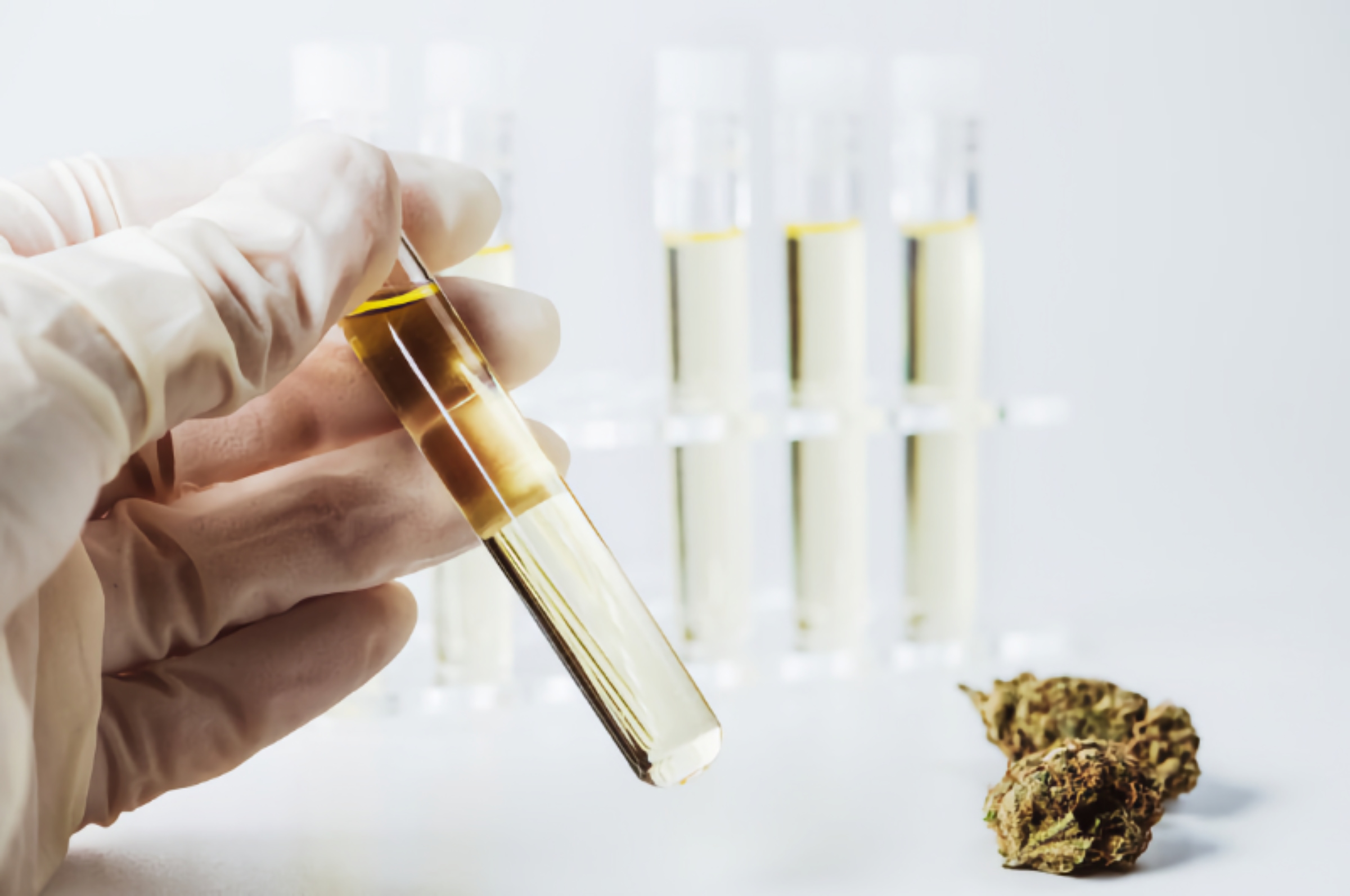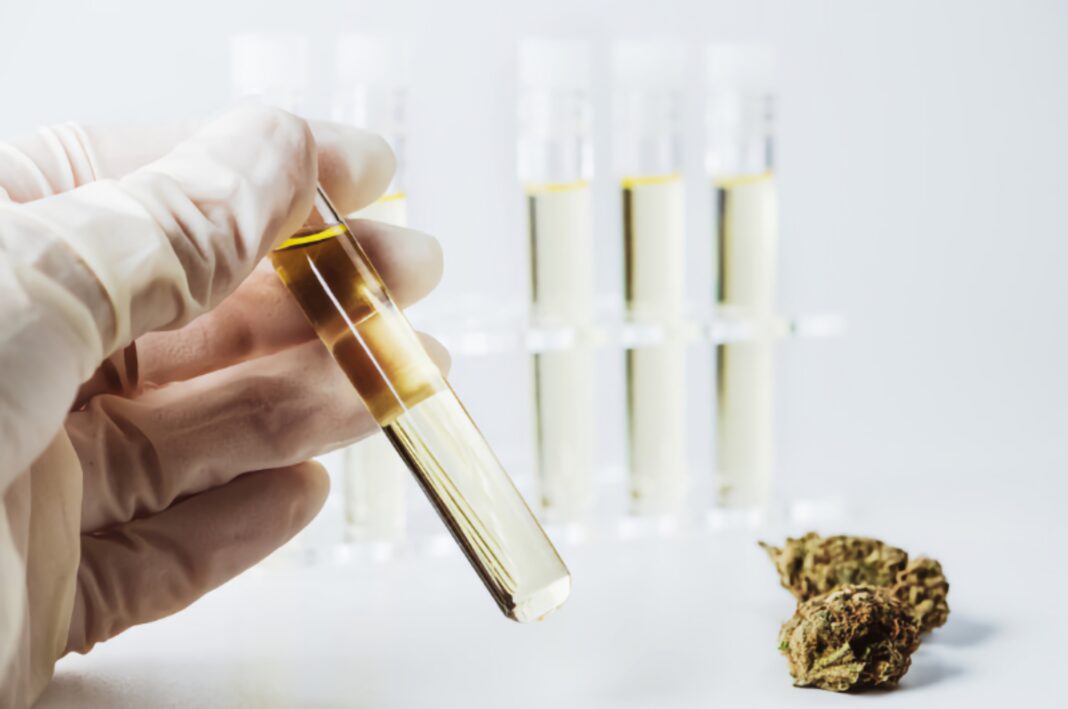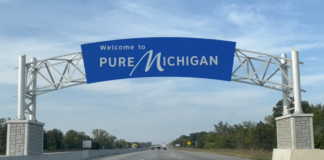
Views: 4
A Colorado cannabis company called Ripple decided to take the lab testing question into their own hands after the Colorado Marijuana Enforcement Division wouldn’t punish companies who misled with their labeling.
The CEO, Justin Singer, told his employees to go to local retail shops and buy an assortment of flower, shake, and pre-rolls. These products were then sent to a lab to get tested for potency, yeast, mold, pesticides, and microbial contamination.
Of the 15 products, only 3 had THC within the 15% variance that was allowed by law. In fact, only 2 complied fully with regulations.
4 of the products even came back testing positive for coliform bacteria, which is “essentially feces,” said Jill Ellsworth, CEO of Willow Industries. Colorado doesn’t require companies to test for coliform, but 14 other regulated states do.
The THC skew is a big problem, because this is a number that is typically used to market to heavy smokers. This small test has shown that many companies typically lie about their potency. For instance, all 5 of the shake samples they used were outside the 15% variance, and claimed to have an average of 59% more THC than the lab test showed. That’s a huge gap.
Singer thinks the state should stick to one single method that each lab uses to conduct tests and not stray from that. If this were the case, labs that strayed too far from other labs would clearly be stretching their findings.
“If we want to mimic and be regulated like food, we should mimic that within our facilities,” says Ellsworth.
Read the original article at MJBizDaily.











